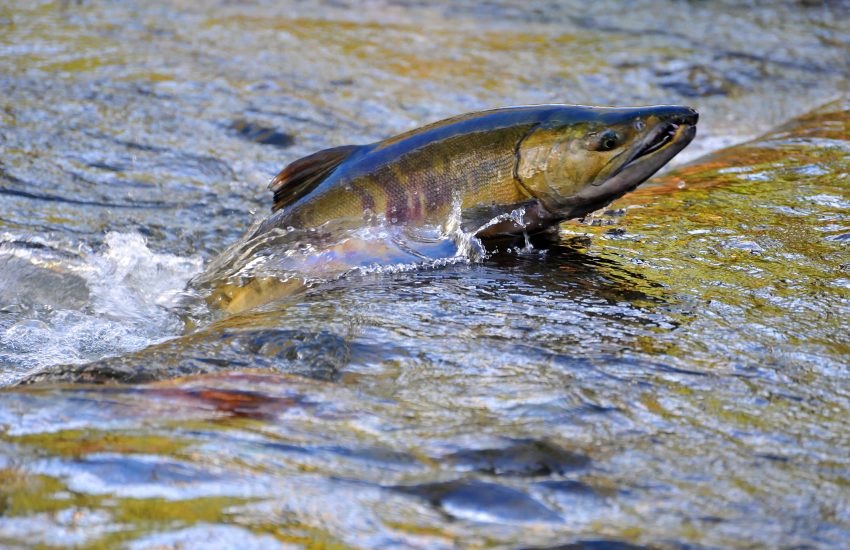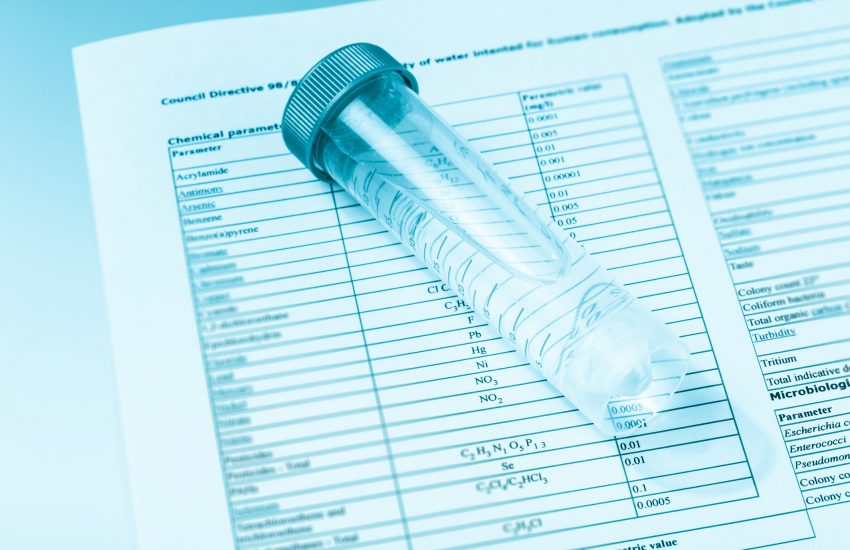A year to the day from when President Joseph Biden announced a moratorium on federal leasing for oil and gas drilling just a week after his term began, a federal district court judge for the District of Columbia invalidated the largest oil and gas lease sale—for 2,700 square miles—in U.S. History. The lease, which fetched a combined offer of $192 million from some of the largest energy companies in the world, was for offshore drilling rights in the Gulf of Mexico. The November 2021 auction …
Continue Reading









